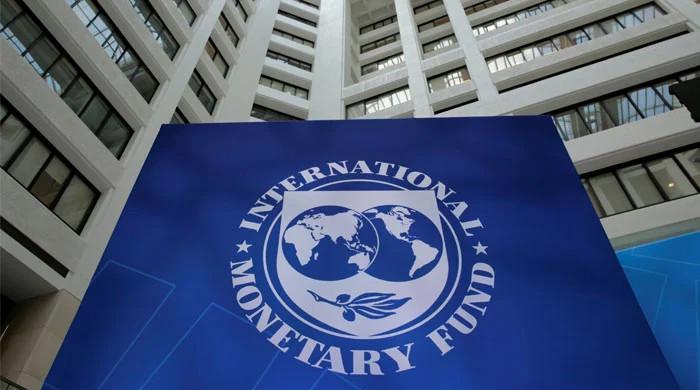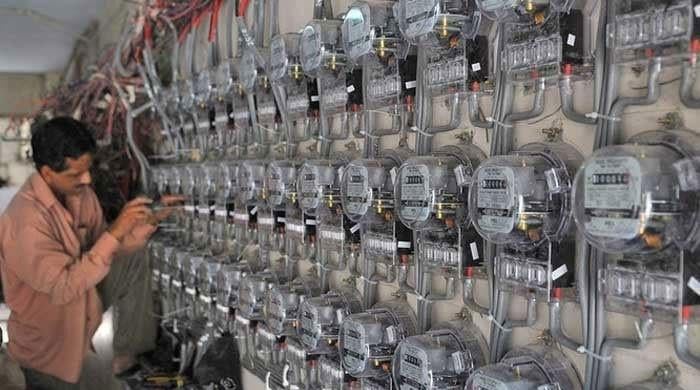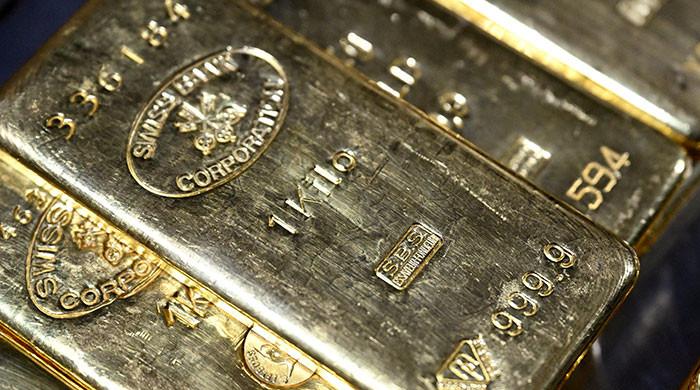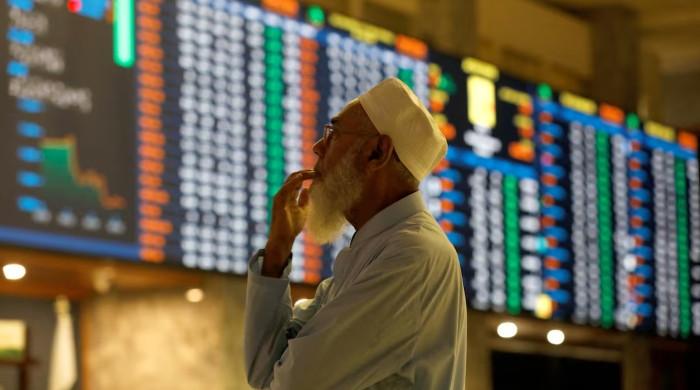Pakistan’s Eurobonds oversubscribed two times: report
Analysts forecast Pakistan to raise $2 to $2.5 billion through conventional bonds with tenors of 5, 10, 30 years
March 31, 2021
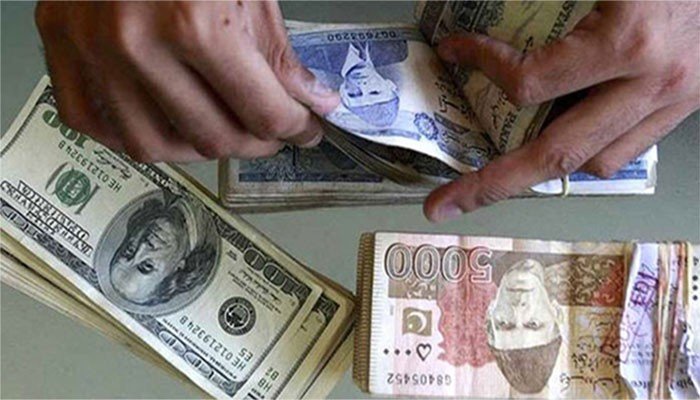
- Analysts forecast Pakistan to raise $2 to $2.5 billion through conventional bonds with tenors of 5, 10, 30 years.
- Settlement date for the issue is likely to be April 8, 2021.
- Currently, Pakistan dollar-denominated bond with maturity in 2027 yields around 5.9% in the secondary market.
ISLAMABAD: Pakistan’s dollar-denominated Eurobonds on Tuesday were oversubscribed by almost two times after receiving a positive response from investors due to the attractive interest rates from foreign investors, analysts told The News.
Analysts forecast the country to raise $2 to $2.5 billion through conventional bonds with tenors of 5, 10 and 30 years.
Price guidance was 6% for five-year, 7.375% for 10-year and 8.875% for 30-year bonds with combined books of $5.3 billion, said Karachi-based Topline Research CEO Mohmmad Sohail who expected more than $2 billion from the issuance in next few days.
The settlement date for the issue is likely to be April 8, 2021.
Read more: PTI government considering issuing Eurobond to raise up to $1 billion
The 5- and 10-year pricing is likely to be straight forward given the existing bonds offer a good benchmark and even a pricing of 5.625% to 5.75% for new 5-year bond would be a significant pickup from similarly rated sovereigns, including Egypt, Kenya and Nigeria, according to Mohammad Ahsan, managing director of rates and fixed income at Mashreq Bank in Dubai.
“It’s the 30-year tranche which presents some challenges in terms of appropriate issue size and reoffer yield,” Ahsan wrote in a LinkedIn post.
Currently, Pakistan dollar-denominated bond with maturity in 2027 yields around 5.9% in the secondary market. The average yield over the last 3-month for the same is around 5.8%, Topline Research said.
“We believe this re-entry of Pakistan in international capital markets will support investor sentiments. Regardless of the yield, the size of these bonds will provide much-needed support to Pakistan’s foreign exchange reserves that are currently adequate for 3 months of imports,” Topline Research said in flash note.
Read more: Pakistan raises $2.5 billion through Sukuk, Eurobond
Recently, Egypt having Standard and Poor’s rating of B and Moody’s rating of B2 – one notch above Pakistan – raised $3.75 billion. Egypt sold 5-year worth $750 million at 3.875%, 10-year bonds worth $1.5 billion at 5.875% and 40-year bonds worth $1.5 billion at 7.5%.
In last issue of November 2017, Pakistan raised $2.5 billion by offering 5-year sukuk of $1 billion and 10-year Eurobond of $1.5 billion at 5.625% and 6.875%, respectively.
The country floated its first bond in international market during 1994 and then in 1997. The first bond was launched on Dec 22, 1994 at 11.5% with $150 million raised, according to Topline Research. This was followed by $160 million and $300 million bond in February-May 1997 at 6% and London inter-bank offered rate (Libor) plus 395 basis points, respectively.
Later due to international restriction after nuclear testing, Pakistan was unable to tap international market. However, it returned to international market in 2004 as better macroeconomic indicators resulted in improved ratings.
Read more: Govt retired more than $10 billion in debt in 2019-2020, documents show
In FY2005, the country issued 5-year Eurobond and raised $500 million at rate of 6.75%. In FY2006, it issued $600 million in 5-year sukuk issuance at rental rate of six-month Libor plus 220 basis points. In FY2007, the country issued 10-year Eurobonds of $500 million at 7.125% and 30-year Eurobonds of $300 million at 7.875%.
Later, after gap of 7 years, it mobilised $2 billion in April 2014 by issuing 5- and 10-year bonds at 7.25% and 8.25%, respectively.
In November 2014, sukuk issue fetched the country $1 billion at 6.75% – the bond matured in December 2019. In September 2015, Pakistan issued 5-year Eurobond of $500 million at 8.25%. In October 2016, it issued 5-year sukuk of $1 billion at a lowest rate of 5.5%.
Originally published in The News





